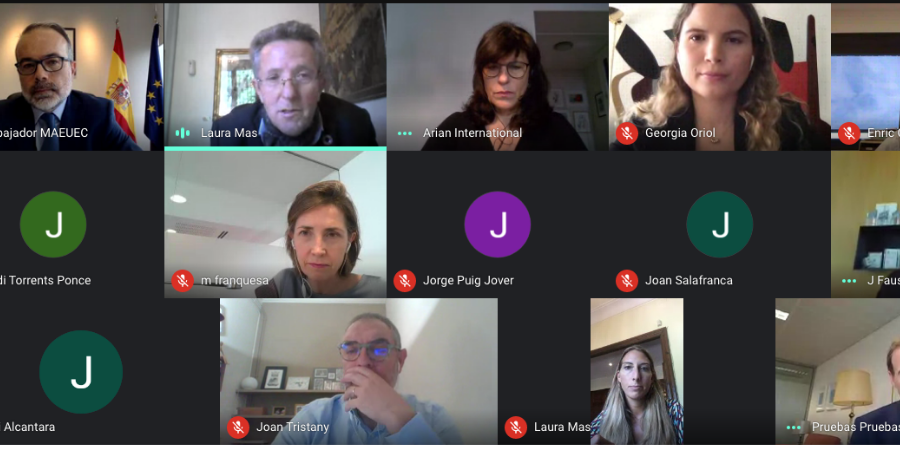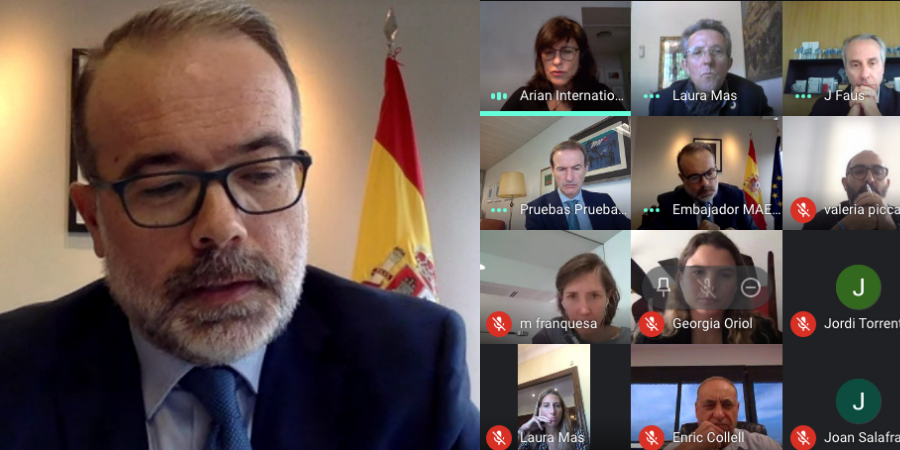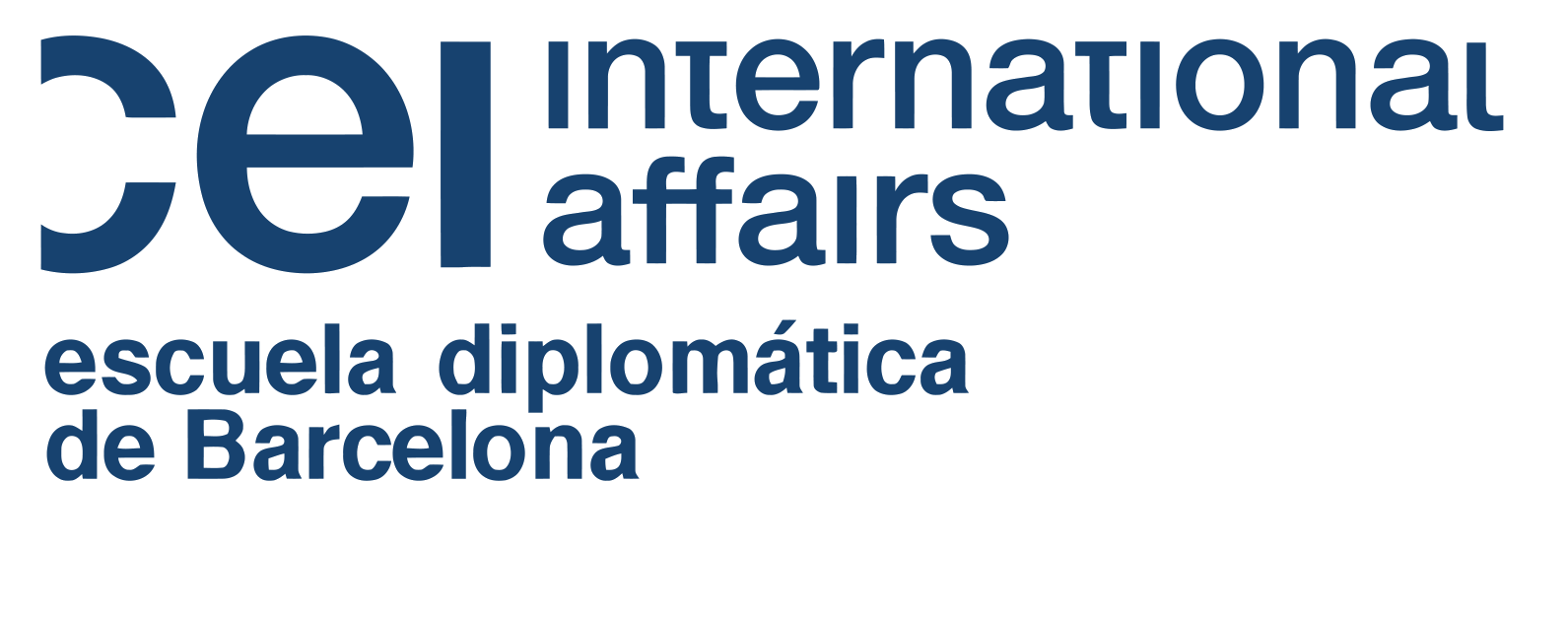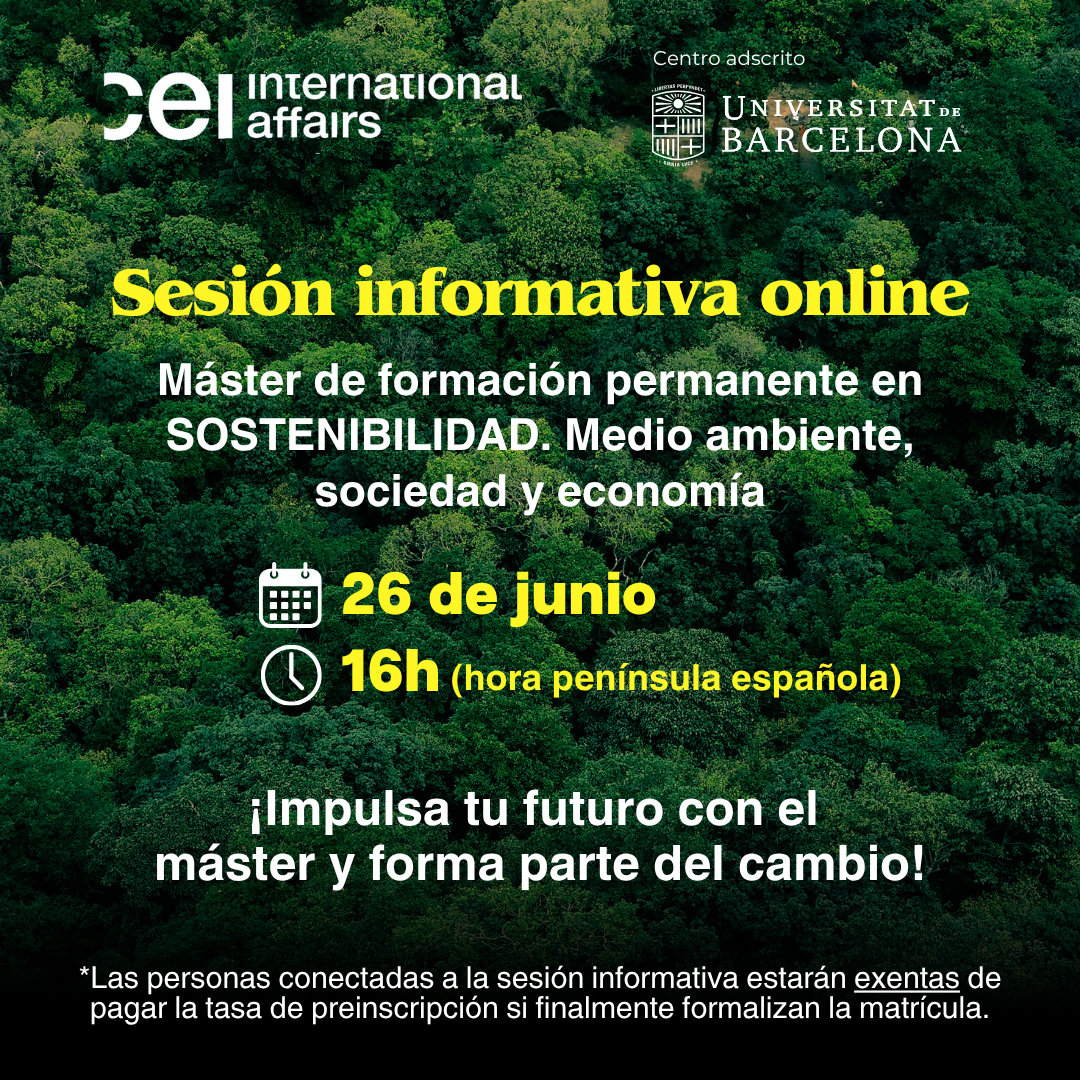On September 29th, the International Classroom of the CEI took place, in online modality, with the Ambassador of Spain to Malaysia, H.E. Mr. José Miguel Corvinos Lafuente.
The Ambassador began by explaining the Covid-19 situation in Malaysia which, despite having 11,000 cases and 134 deaths, was able to contain the health crisis relatively well by opting for confinement for several weeks in March. Currently, life is practically normal with the necessary precautions but important restrictions on entry to the country continue to be maintained. At the economic level, some essential sectors that could continue their activity, such as hydrocarbons, were declared and aid packages and economic stimuli have been approved to mitigate the effects of the pandemic. The World Bank foresees a 4.9% drop in the economy this year, although the data for 2021 are favorable, expecting growth between 5.5% and 8%.
Ambassador Corvinos followed with an explanation of the political situation in Malaysia. It is a country with a consolidated democracy that is characterized by being a federation with 13 States and by being a constitutional monarchy of a rotating nature, a unique format in the world, in which every 5 years it alternates between the nine sultans. In 2019, for the first time, the King resigned and since then the Head of State is the Sultan of Pahang, Tengku Abdullah.

In matters of foreign policy, the Hon. Mr. José Miguel Corvinos highlighted Malaysia’s commitment to multilateralism and its commitment to the Sustainable Development Goals within the framework of the United Nations 2030 Agenda. Its projection abroad as a moderate Islamic democracy stands out, taking into account that Islam is the majority religion in the country (60%) and therefore maintains a special relationship with both Pakistan and Turkey.
Its main partners are in the Southeast Asian region with China as its first trading partner followed by ASEAN members, highlighting relations with its neighbor Singapore.
Lately, relations with the European Union have suffered tensions due to the palm oil issue, although they are in the process of negotiation to find a consensus solution in relation to sustainability criteria. Spain seeks to promote these negotiations, being the third European Union buyer of this product in Malaysia and in order to advance in the negotiations of the Free Trade Agreement.
Referring to the relations between Spain and Malaysia, the Ambassador stressed that there is an excellent relationship, although with room for improvement due to the knowledge deficit between the two countries. He highlighted the two high-level virtual conversations held this summer with the Minister of Foreign Affairs and her counterpart, as well as those carried out by the Ministries of Sciences and Technologies.

On a cultural level, Spain is working to promote the Spanish language in Malaysia, taking advantage of Malaysians’ interest in the Spanish lifestyle, and the Ambassador also mentioned the coordination with the other Spanish-speaking Ambassadors to make Spanish a language elective in public high school.
Finally, Ambassador Corvinos concluded that Malaysia is a very good investment destination for Spanish companies and that it already has more than 50 entities present in the country. He highlighted certain sectors of mutual interest such as renewable energy, infrastructure, smart cities and waste management, among others.
Its good positioning in the Doing Business (number 12) as well as the good preparation of the Malaysian society and a good level of English represent an attractive destination to establish a base in Southeast Asia. The Ambassador recalled that interested Spanish companies have the help of both the Embassy and the Commercial Office in Kuala Lumpur.
Report prepared by Geòrgia Oriol
Student of the Preparation to Join the Diplomatic Corps

